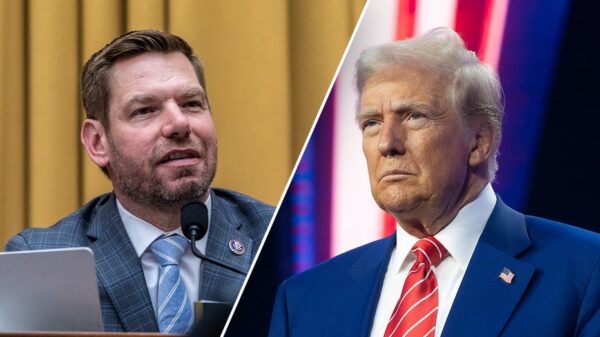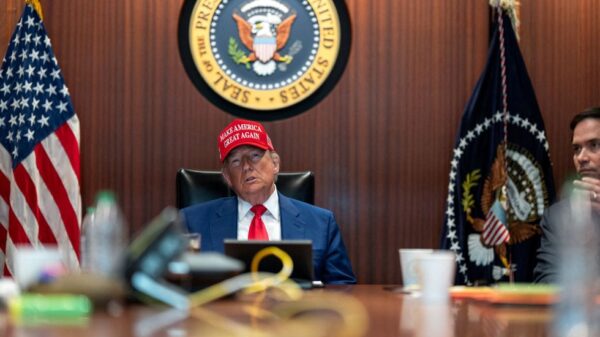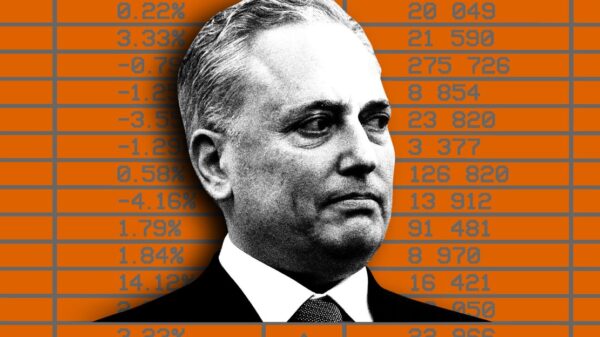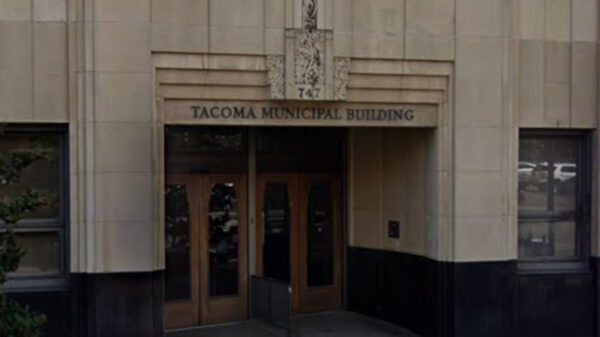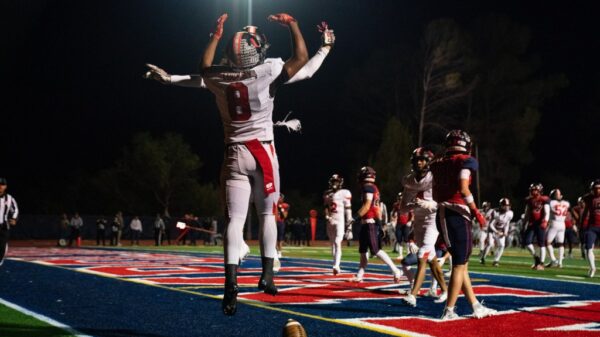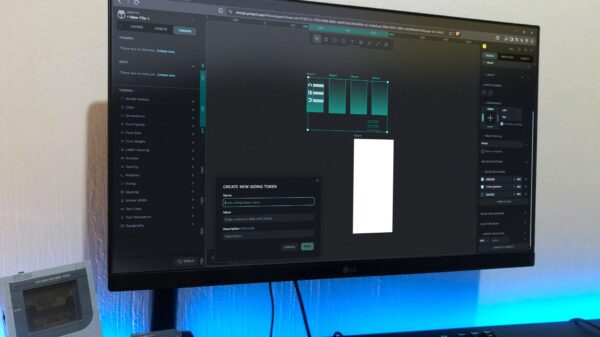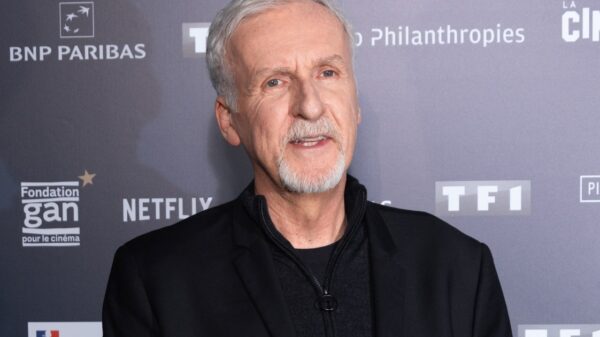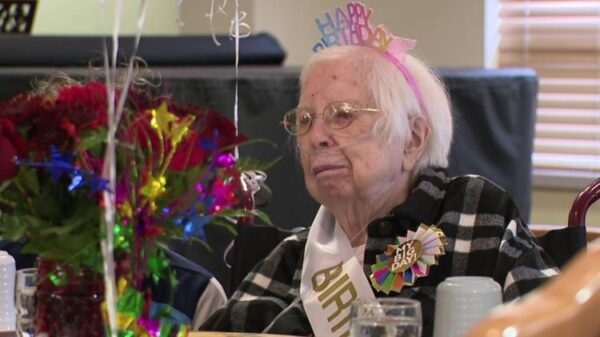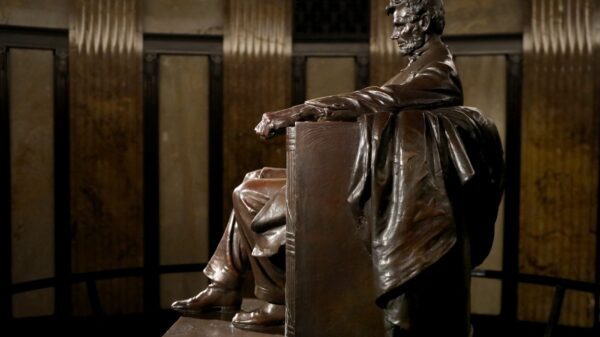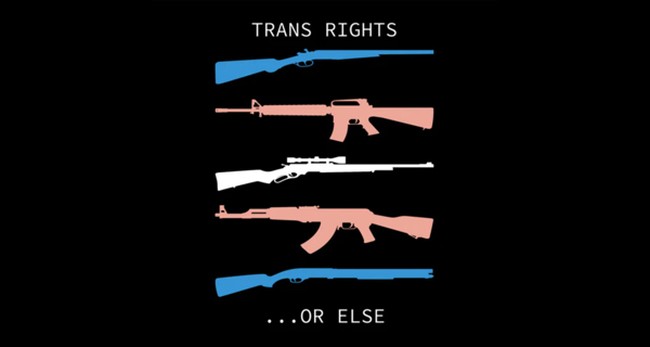Florida Governor Ron DeSantis announced new measures aimed at preventing what he terms as vandalism associated with the display of the pride flag on public streets. This decision follows a recent shooting incident in Minnesota and is rooted in a broader conflict over the visibility of LGBTQ+ symbols in public spaces. The announcement has sparked considerable debate over free speech rights and the limits of public expression.
DeSantis’s administration invoked Florida law (SB1622), which empowers the Department of Transportation to ensure uniformity in roadway appearances. The law allows the withholding of state funds from jurisdictions that deviate from these standards. While DeSantis did not target the pride flag specifically, the timing and context of his actions have led to accusations of discrimination against the LGBTQ+ community.
The controversy escalated as reports emerged regarding the deployment of at least seven Florida Highway Patrol officers to monitor areas where activists have painted pride symbols. Critics argue that this excessive policing represents a disproportionate response to what they view as peaceful expressions of identity.
In light of these developments, discussions have arisen about the potential threat posed by certain activist groups. Some commentators have drawn parallels between trans activists and extremist groups, suggesting that violent responses to perceived attacks on their ideology are becoming more common. This contention raises important questions about the nature of activism, safety, and the right to free speech.
The recent shooting at the Covenant Catholic School in Tennessee and another incident at the Church of the Annunciation in Minnesota have heightened tensions around discussions of violence and identity politics. Many advocacy groups criticize the narrative that equates activism with violence, arguing that it misrepresents the intentions of those advocating for LGBTQ+ rights.
Despite the ongoing debate, DeSantis’s administration remains firm in its stance. The Governor’s supporters argue that the actions taken are necessary for maintaining public order and ensuring that public spaces reflect community standards. They point to the need for legislation that protects all citizens while navigating the complexities of expression in a diverse society.
As the situation unfolds, it is clear that discussions surrounding the pride flag and public displays of identity will continue to provoke strong reactions from both supporters and opponents. The implications of these conflicts extend beyond Florida, influencing broader conversations about the rights of individuals to express their identities in public spaces without fear of retribution or violence.
In this evolving landscape, the balance between free speech and public safety remains a critical issue that will require ongoing dialogue and negotiation among various stakeholders.


